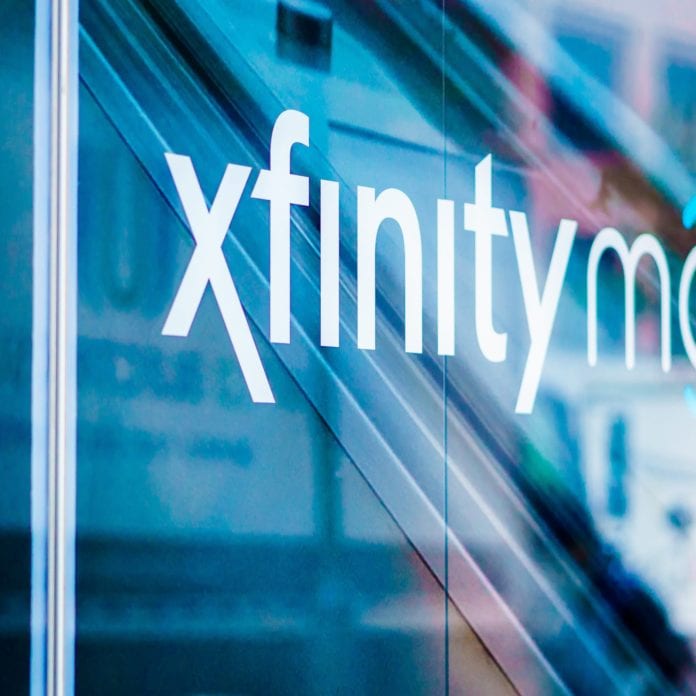‘Lease to purchase’ arrangement allows Comcast a window to reclaim the airwaves
Comcast is feeling so confident about its ability to make use of the CBRS band for mobile 5G services that it is willing to let its 600 MHz licenses go, in a $3.3 billion spectrum “lease-to-purchase” agreement with T-Mobile US.
“Our 5G network field tests with CBRS spectrum have exceeded our expectations and we’ve found the band to be highly efficient and a significant part of a 5G network. This strong CBRS spectrum performance has made us realize that we are unlikely to need the 600 MHz spectrum licenses that we currently hold to support our wireless customers,” wrote Tom Nagel, Comcast’s SVP of wireless strategy, in a blog post. “As a result, we recently entered into an agreement with T-Mobile in which it will lease and eventually purchase our licenses in the 600 MHz band.
Comcast has seen significant growth in its consumer and business wireless subscriber base over recent years, adding more than six million wireless lines in six years to create what Nagel called “a successful multi-billion-dollar revenue business with a long runway for future growth.”
He also pointed out that about 90% of Comcast’s mobile customers’ data usage comes via Wi-Fi, rather than cellular. “Hosting most of our customers’ mobile data traffic on our own Wi-Fi network creates significant savings and enables us to continue to offer competitive pricing,” he wrote.
Still, Comcast has long had an eye on mobile cellular capabilities and as part of its exploration of putting together a 5G network, it bought CBRS priority access licenses (PALs) as well as some airwaves in the 600 MHz band. The spectrum is just now being put into live customer usage: Comcast has been conducting CBRS tests with its employees, but this month, Philadelphia customers of its Xfinity Mobile and Comcast Business Mobile services will start connecting to a new, Comcast 5G network for the first time, as RCR reported here. Brian Roberts, chairman and CEO of the company, said in remarks at Goldman Sachs Communicopia + Tech conference said that Comcast has calculated that 60% of its network traffic comes from just 3% of its geography.
The results that Comcast has been seeing from its CBRS testing have been impressive enough that the company is willing to sell its 600 MHz block—a single, 10-megahertz license in most markets, Nagel said—to T-Mobile US. It will be a gradual process, where T-Mobile US is first able to use the spectrum and will make quarterly lease payments accordingly, at the end of the leasing arrangement, it will be able to purchase the license for $3.3 billion. That’s not expected to happen until 2028, and Comcast also has an option built into the arrangement that will allow it to hold onto the spectrum in some markets if it changes its mind in the meantime.
“T-Mobile is already a user of 600 MHz spectrum, so it makes sense for us to enter into this ‘lease to purchase’ arrangement so that they can put this spectrum to use in short order,” Nagel wrote. Comcast, he said, will continue to test the use of 600 MHz in Philly, and “if our perspective changes, we’ve secured the option to reclaim the 600 MHz spectrum within our markets, giving us excellent optionality if we need it in the future.”
While Comcast is starting with its usage of 5G CBRS in Philadelphia, Nagel added that the arrangement is “one that we could deploy to other markets where it makes good business sense.”

